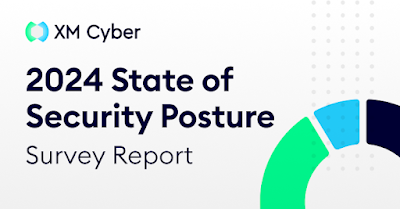Free Download: The Ultimate Security Pros' Checklist
Feb 25, 2020
You are a cybersecurity professional with the responsibility to keep your organization secured, you know your job chapter and verse, from high level reporting duties to the bits and bytes of what malware targeted your endpoints a week ago. But it's a lot to hold in one's mind, so to make your life easier, The Ultimate Security Pros' Checklist , created by Cynet, provides you with a concise and actionable checklist enabling you to keep track of all your operational, management and reporting tasks. 'We are constantly interacting with the security managers of our customers,' says Eyal Gruner, founder, and CEO of Cynet, 'and this gives us a unique perspective on what are the core duties they all care about. So, you can think of the checklist templates as an aggregated crowd-sourcing from the numerous CISOs, security directors, architects, and SOC managers we have worked with across the years.' The Ultimate Security Pros' Checklist fully maps the co









